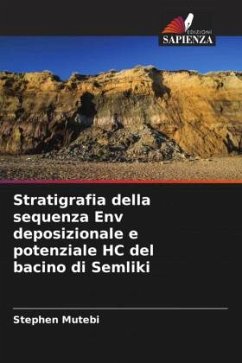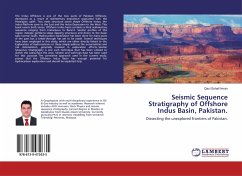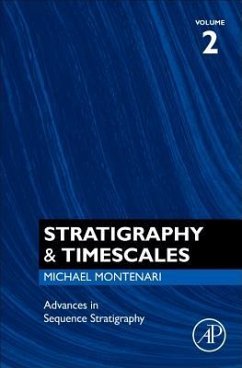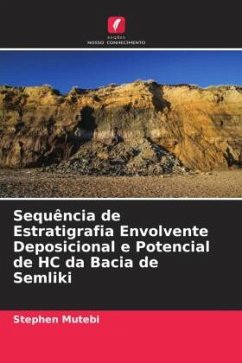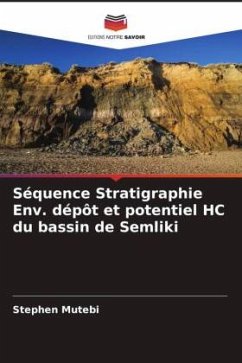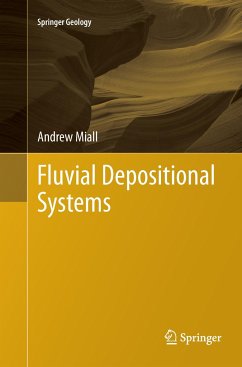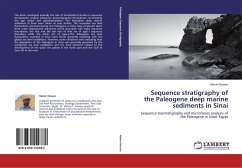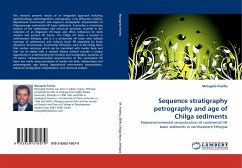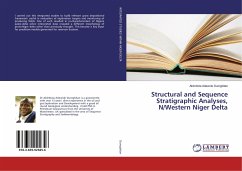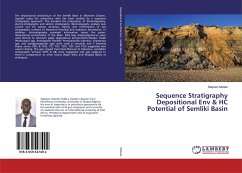
Sequence Stratigraphy Depositional Env & HC Potential of Semliki Basin
Versandkostenfrei!
Versandfertig in 6-10 Tagen
47,99 €
inkl. MwSt.

PAYBACK Punkte
24 °P sammeln!
The depositional architecture of the Semliki Basin in Albertine Graben, Uganda using the subsurface data has been studied by a sequence stratigraphy approach. This involved the integration of biostratigraphy, electro-stratigraphy and seismic stratigraphy. Biostratigraphy analysis was carried out for palyno zonation, dating and confirmation of key stratigraphic surfaces of maximum flooding and sequence boundaries. In addition, biostratigraphy provided information about the paleo-depositional environment of the Basin. Well logs shapes/signatures were used directly to interpret paleo depositional...
The depositional architecture of the Semliki Basin in Albertine Graben, Uganda using the subsurface data has been studied by a sequence stratigraphy approach. This involved the integration of biostratigraphy, electro-stratigraphy and seismic stratigraphy. Biostratigraphy analysis was carried out for palyno zonation, dating and confirmation of key stratigraphic surfaces of maximum flooding and sequence boundaries. In addition, biostratigraphy provided information about the paleo-depositional environment of the Basin. Well logs shapes/signatures were used directly to interpret paleo depositional environments.Marker fossils (Podocarpus spp, Praedapollis flexibilis- Peregrinipollis nigericus, Gramineae spp, and Laevigatosporites spp) were used in zonation and 5 informal Payno zones (TZIa & TZIb, TZI, TZII, TZIII, TZIV and TZV) suggested and used in dating. The age ranged from Early Pliocene to Holocene, candidate stratigraphic surfaces (MFS & SB) were suggested and age assigned to them in comparation to other basins (Niger delta and Muglad Basin) as analogues.



